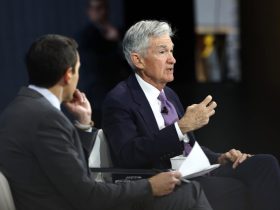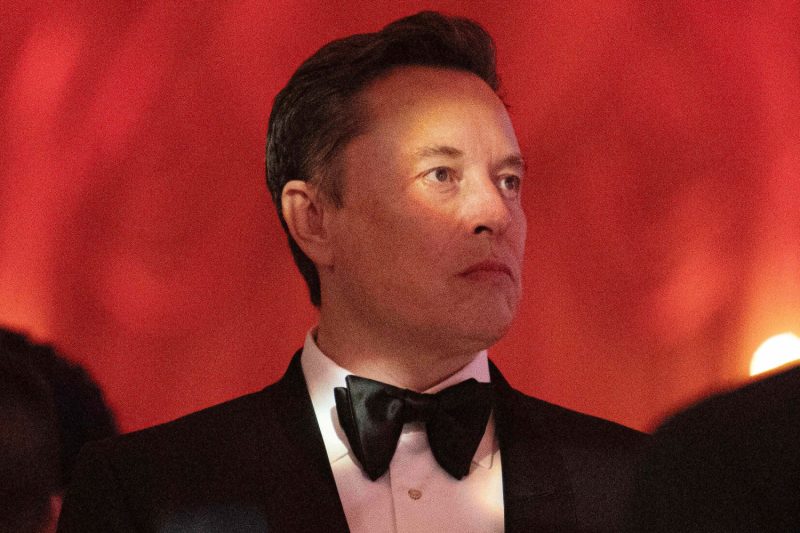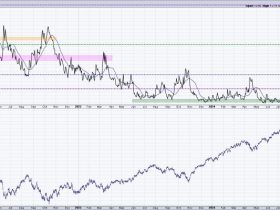In a recent turn of events, Tesla CEO Elon Musk faced a setback in his quest for a $56 billion pay package to be reinstated. The intricate legal battle surrounding Musk’s compensation package has drawn attention from both shareholders and industry observers.
The initial approval of the pay package by Tesla shareholders in 2018 marked a significant moment for Musk, setting the stage for a potentially groundbreaking compensation structure. However, concerns were raised about the package’s generous terms, which were tied to ambitious performance targets for Tesla.
Despite the shareholder approval, a group of Tesla investors filed a lawsuit challenging the pay package, arguing that it amounted to unjust enrichment for Musk at the expense of the company and its shareholders. The lawsuit called into question the appropriateness of the performance metrics used to determine Musk’s compensation and raised doubts about whether they were achievable.
In response to the legal challenge, Musk defended the pay package as necessary to incentivize him to drive Tesla’s growth and achieve the company’s long-term goals. He emphasized the importance of aligning his compensation with the success of Tesla and argued that the package was essential for retaining top talent at the company.
As the legal proceedings unfolded, a Delaware Chancery Court judge ruled against Musk, invalidating the pay package and urging Tesla’s board to reevaluate its decision. The judge’s decision was a blow to Musk’s efforts to secure the lucrative compensation plan he had been banking on.
The outcome of this legal battle has far-reaching implications for Tesla and its stakeholders. The dispute over Musk’s pay package has underscored the growing scrutiny of executive compensation in the corporate world and the need for greater transparency and accountability in setting such packages.
Moving forward, Tesla’s board faces the challenge of reassessing Musk’s compensation in a way that balances his interests with those of the company and its shareholders. The board must carefully consider the feedback from investors and the court ruling in order to develop a compensation structure that is fair, reasonable, and aligned with Tesla’s performance objectives.
In conclusion, the legal saga surrounding Elon Musk’s $56 billion pay package serves as a cautionary tale about the complexities of executive compensation and the importance of robust governance practices in corporate decision-making. The outcome of this dispute will shape the future of Musk’s compensation and set a precedent for how companies approach rewarding their top executives.













